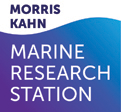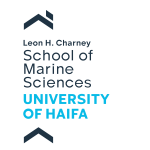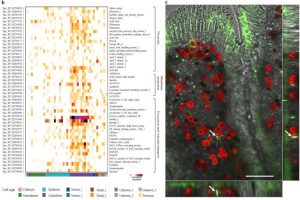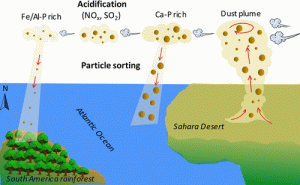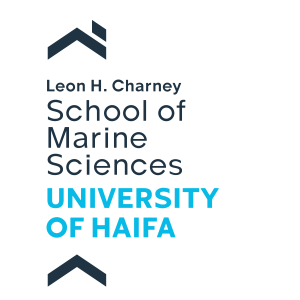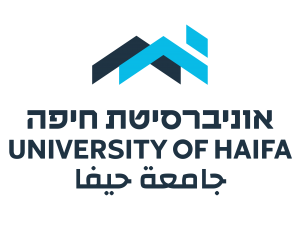Simultaneous observations revealed the non-steady state effects of a tropical storm on the export of particles and inorganic nitrogen through a river-estuary continuum
Simultaneous observations revealed the non-steady state effects of a tropical storm on the export of particles and inorganic nitrogen through a river-estuary continuum Michael D. Krom An important consequence of storms in river-estuary systems is major changes in hydrology and nutrients being fluxed from the land to the coastal ocean. During storms, sediments deposited in estuaries during normal flow, are resuspended adding DIN to the extra nitrogen fluxing down the river. Additional nitrate was added to the estuary by leaching from adjacent soils and groundwater, nitrification, and less denitrification. Storms increase total nitrogen flux to coastal areas, with relatively more ammonium export during increasing hydrography.
